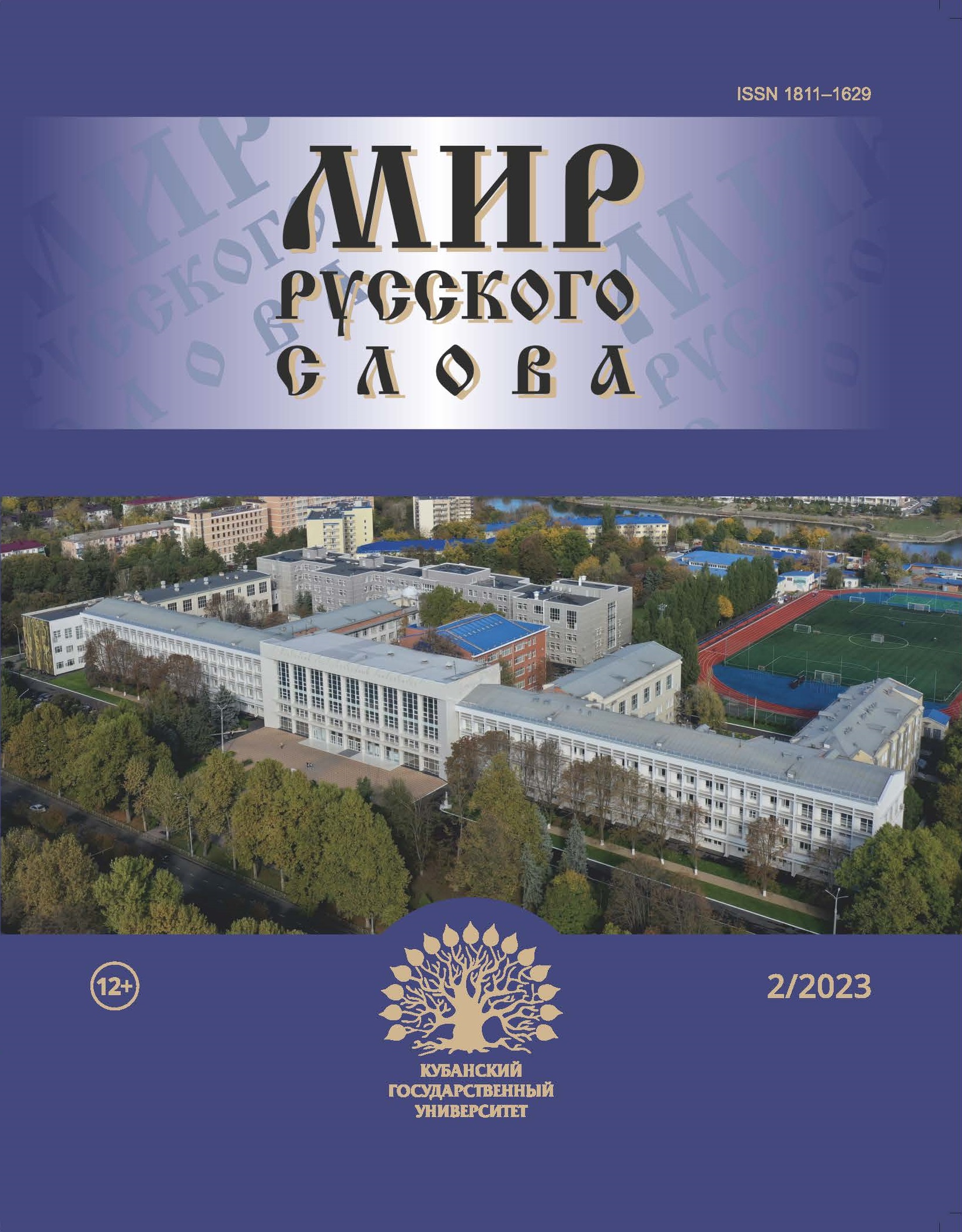Automatic Generation of Lexico-Grammatical Tests for Russian as a Foreign Language Using Predictive Language Models
DOI:
https://doi.org/10.21638/spbu30.2023.212Abstract
The authors argue that in teaching a foreign language, one of the basic needs of participants of the educational process is a sufficient number of educational data. Among the tasks that contribute to the acquisition of lexical and grammatical units, gap-filling exercises with multiple-choice have become particularly popular. Nowadays, creating unique tasks manually turns out to be laborintensive. Unlike English, the development of algorithms for exercise generation for Russian is not so active, despite the existing need. In this regard, the authors propose a method for automatic generation of tasks of this type for Russian as a foreign language (RFL). The proposed method is based on distributive semantic models like word2vec and allows to create tasks based on authentic texts, it does not depend on the genre and style of the text or the corresponding language level, and can be easily adapted for other languages. To train the word2vec model, a corpus of children’s and educational literature was developed to emulate the language experience of students. In the course of the work, a web application for teachers was also launched. To assess the consistency and relevance of generated tasks, two experiments were conducted. In the first experiment, naive native speakers of the Russian language were interviewed, while in the second, a survey of experts in RFL was carried out. The high degree of correctness of the tasks and the selected distractors is proved by high scores of precision (0.8) and recall (0.91). The experts have also noted the convenience of the web application.
Keywords:
teaching Russian as a foreign language, automatic generation of language exercises, lexical and grammatical exercises, gap-filling, multiple-choice
Downloads
References
Downloads
Published
How to Cite
Issue
Section
License
Articles of "The World of Russian Word" are open access distributed under the terms of the License Agreement with Saint Petersburg State University, which permits to the authors unrestricted distribution and self-archiving free of charge.




